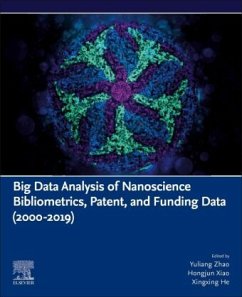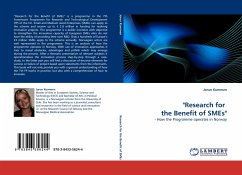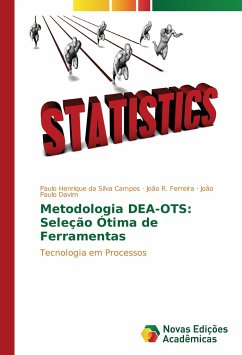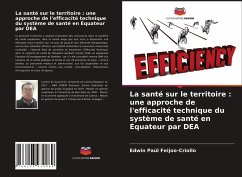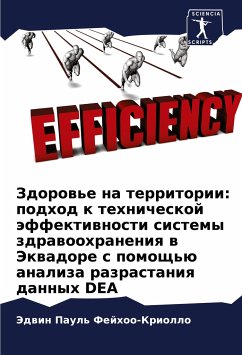
A DEA Decision Making Model for Higher Education Funding
The Case of Mexico s Public State Universities
Versandkostenfrei!
Versandfertig in 6-10 Tagen
32,99 €
inkl. MwSt.

PAYBACK Punkte
16 °P sammeln!
Funding Higher Education (HE) in Mexico has been a topic of endless discussion. Both universities and government feel the current funding distribution process is not appropriate. The current funding mechanism consists of annual budgets given unconditionally to the universities; the allocation is not associated with inputs/outputs to the HE system, but is simply related to the previous budget plus an additional fund. This system clearly does not provide incentive for outstanding performance, just as it does not punish poor performance. This book presents a methodology to develop an efficiency-b...
Funding Higher Education (HE) in Mexico has been a
topic of endless discussion. Both universities and
government feel the current funding distribution
process is not appropriate. The current funding
mechanism consists of annual budgets given
unconditionally to the universities; the allocation
is not associated with inputs/outputs to the HE
system, but is simply related to the previous budget
plus an additional fund. This system clearly does
not provide incentive for outstanding performance,
just as it does not punish poor performance. This
book presents a methodology to develop an efficiency-
based decision-making model that will provide with a
more accountable funding distribution process for
the 34 Mexican Public State Universities. The method
was developed using the data envelopment analysis
decision theory framework. 24 alternative cases were
developed using different variables. The model
describes the performance efficiencies of the
universities based on inputs and outputs to the HE
system and proposes future funding based on those
measurements.
topic of endless discussion. Both universities and
government feel the current funding distribution
process is not appropriate. The current funding
mechanism consists of annual budgets given
unconditionally to the universities; the allocation
is not associated with inputs/outputs to the HE
system, but is simply related to the previous budget
plus an additional fund. This system clearly does
not provide incentive for outstanding performance,
just as it does not punish poor performance. This
book presents a methodology to develop an efficiency-
based decision-making model that will provide with a
more accountable funding distribution process for
the 34 Mexican Public State Universities. The method
was developed using the data envelopment analysis
decision theory framework. 24 alternative cases were
developed using different variables. The model
describes the performance efficiencies of the
universities based on inputs and outputs to the HE
system and proposes future funding based on those
measurements.





